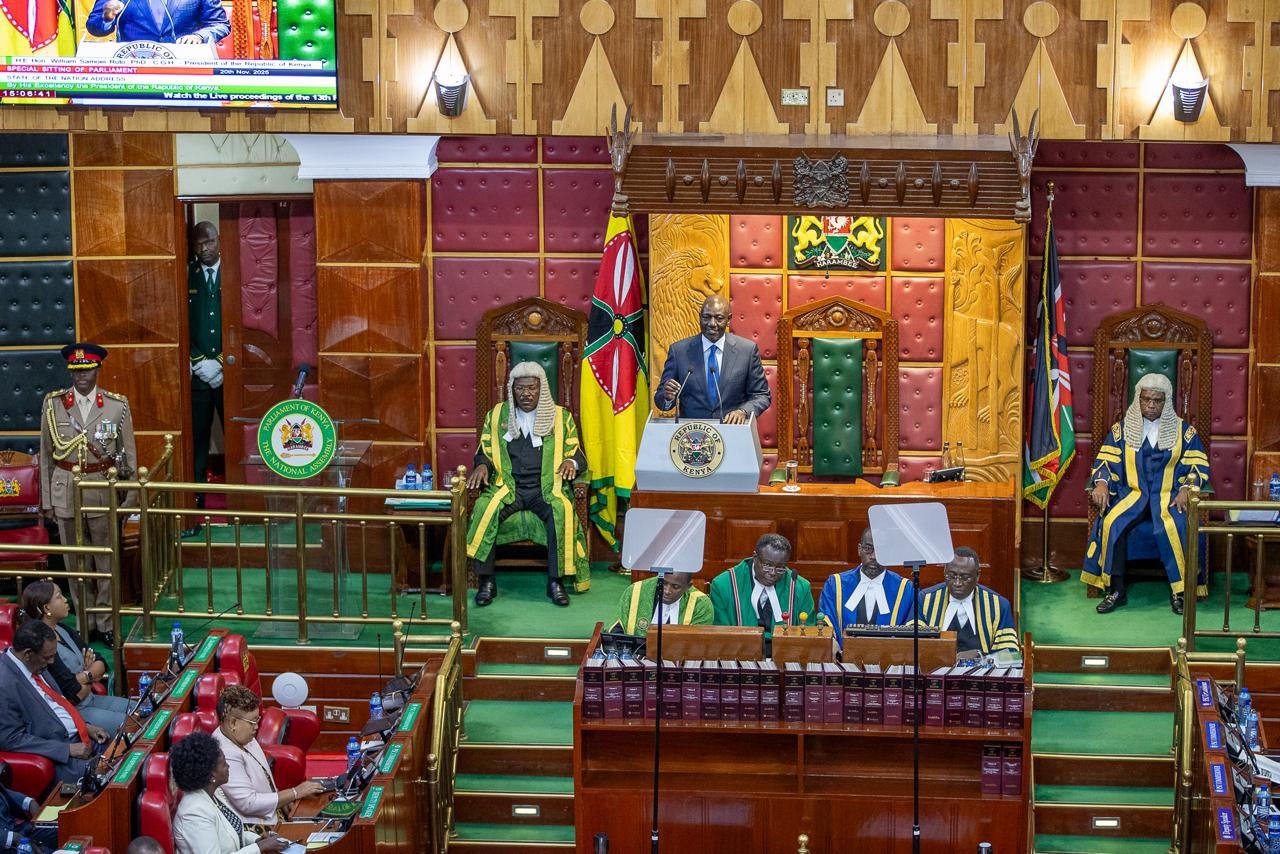The government is keen on the development of Export Processing Zones, the State corporation overseeing these developments now says, assuring of more investments.
This is in the wake of fears that at least 8,000 jobs could be on the line at the Mombasa Apparel Epz Limited and Ashton Apparel Epz Limited manufacturers, which are said to have been earmarked for closure.
The Export Processing Zones Authority (EPZA) management has since allayed fears over massive job losses at the Mombasa based industrial zone.
According to the authority, the agreement of change of the companies’ investors, which was overseen by the Ministry of Labor and Social Protection was mutual and was endorsed on October 25, 2023, as required by the ministry of Investments, Trade and Industry.
A return to work formular was reached after an industrial action, which guaranteed employees of their jobs and other benefits.
EPZA acting CEO Hussein Adan said the authority is committed to create, avail and retain employment opportunities in all its existing companies as well as putting measures to attract more investors.
“We have put measures to ensure that companies strictly adhere to industrial and labour regulations,” the CEO said.
“All our employees are entitled to sound labor practices which are mandatory in our zones and therefore our workers should not whatsoever fear losing any benefits accrued from their contracts due to change of any company ownership,’’ Adan added.
In a gazette notice dated November 28, 2023, the export zone reassured its employees that their jobs are secure.
Investments, Trade and Industry CS Rebecca Miano on October 23 declared the creation of at least three EPZs-in Kilifi(Mtwapa), Kisumu and Murangá (Kabati).
“All that parcel of land known as land reference No. MN/III/10585 measuring approximately nought decimal four nought one seven hectare (0.4017 Ha) situated along Mtwapa-Kilifi Highway, Kilifi County as an Export Processing Zone. Dated the 23rd October, 2023,” the CS said in a gazette notice.
EPZA has since said the named companies feared to be closing down this calendar year will instead be under new management.
The authority further said workers in the affected companies will not lose entitled benefits as captured in their previous contracts and as guided by the labor laws.
“EPZA hereby informs and assures the public and the employees concerned that the EPZA companies will not close but undergo change of ownership. There has been ongoing consultative engagements between all relevant stakeholders,’’ said Adan.
EPZA companies are among key industries with a large workforce in the country.
For instance, the EPZA Athi-River branch has over 20,000 employees working in various companies.
The companies which predominately deal with apparel making also extends to pharmaceuticals and food processing.
The government in May announced that it is set to establish five more EPZA zones in the country at a tune of approximately Sh1 billion.
EPZs remain key entities as the government pushes for a trade deal with the US.
Kenya National Bureau of Statistics data (Economic Survey 2023) shows direct employment in the Export Processing Zones expanded by 25.3 per cent to 82,764 persons in 2022 compared to 66,053 persons in 2021.
“The value of capital investment in these zones increased by 7.9 per cent to Sh134.3 billion in 2022,” the survey reads in part.
The EPZ program experienced an upward trend in performance with total sales increasing by 16.7 per cent to Sh115.3 billion in 2022.
Exports from the EPZ increased by 17.6 per cent to Sh106.1 billion while imports increased by 31.7 per cent to Sh63.6 billion in the same period.
According to EPZA, the zones presents the best opportunity for growth and development of export-oriented investments.
As of last year, the number of gazetted EPZs stood at 89 compared to 82 in 2021, out of which, 83 were privately owned and operated while six were public zones.
The distribution of the zones across the counties were Mombasa (27), Kilifi (14), Nairobi and Kwale (seven each), Machakos (six), Kiambu (five), Nakuru and Bomet (three each), Embu, Nandi and Meru (two each), while Murang’a, Kajiado, Kirinyaga and Taita Taveta each had one, respectively.
Others were in Elgeyo-Marakwet, Uasin Gishu, Laikipia, Narok, Kitui, Kisumu and Homa bay.
The increase in total sales at EPZs was largely attributed to growth in exports of apparel, agro processing, food processing, pharmaceuticals and medical supplies and edible oil.
The zones have been instrumental in ensuring Kenya continues to tap opportunities under the African Growth and Opportunity Act (AGOA), with textile and apparel sector a key export where the value of monthly exports are estimated at Sh4.5 billion, or Sh150 million per day, according to a study by London-based Institute of Economic Affairs (IEA).
The programme has had a positive impact on the country’s export-processing zones (EPZs),
Kenya is the second-largest exporter of textile and apparel products to the United States among AGOA beneficiaries.






![[PHOTOS] Betty Bayo laid to rest in Kiambu](/_next/image?url=https%3A%2F%2Fcdn.radioafrica.digital%2Fimage%2F2025%2F11%2F3b166e2e-d964-4503-8096-6b954dee1bd0.jpg&w=3840&q=100)








